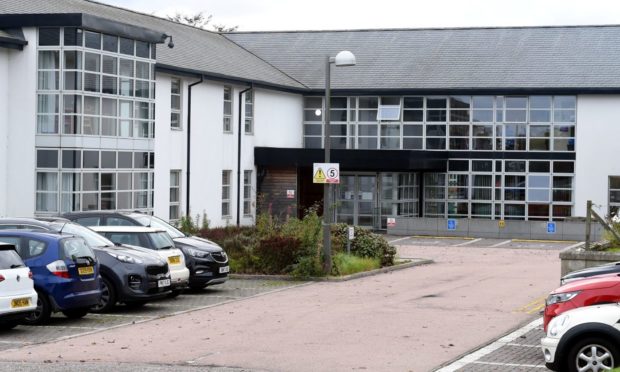Arrangements for a halfway step, bridging the gap between hospital and home care for older patients, could be extended until the end of August.
In January, NHS Grampian took charge of 40 beds at Rosewell House care home to help ease pressures amid a second wave of Covid-19 infections.
The scheme covers “stepdown from hospital and step-up from community” as part of Operation Home First, an initiative to reduce the length of time people may need to spend in the wards.
The set-up was initially approved for 16 weeks and Tuesday’s special meeting meeting of Aberdeen Integration Joint Board (IJB) is being asked to extend this further.
A report to go before members says: “The model will increase capacity in the system as well as meeting our aim of delivering the right services in the right place at the right time while also reducing the need for unscheduled admissions and enabling the safe discharge of patients from hospital who require further care prior to returning home.
“A priority, in light of learning from the Covid-19 pandemic, is for the model to provide agility and flexibility to adapt to system pressures.”
Twenty of the beds at Rosewell House, Rubislaw, continue to be registered with the Care Inspectorate, while 30 of the 40 NHS beds are currently open.
The remainder are closed, as using them would require more nursing staff.
Health bosses are being asked to approve an extension of the scheme from May 9 to August 28 so they can evaluate how well it has been operating.
Six separate points will be reviewed, including the proportion of stepdown versus step-up admissions and work to “elicit a more accurate version” of patients’ feedback, due to the “high incidence of delirium” among the population.
The findings will then be presented to the IJB board for its meeting in early July.
Last week (referring to Apr 21) council papers revealed the progress of Hospital At Home, another aspect of Operation Home First.
The scheme offers patients hospital-level care for conditions including pneumonia and sepsis without them having to leave their home.
Over the last year, it has prevented 308 elderly people from being admitted to the wards, and helped 168 be discharged sooner.
